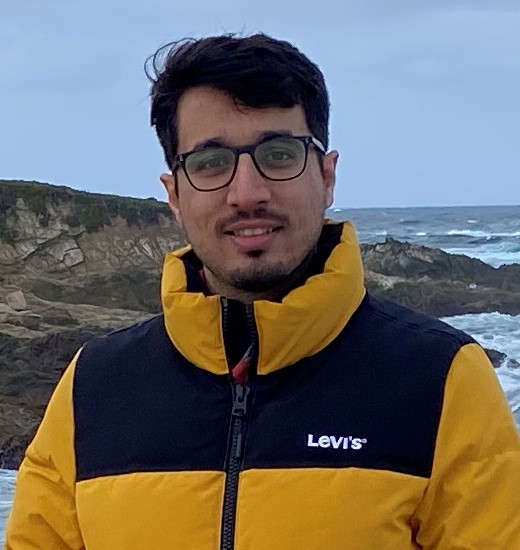IEEE CS Webinar: IEEE Oregon Section Technical Seminar - Brain-Inspired Hyperdimensional Computing for Efficient and Robust Cognitive Learning
Guest Speaker: Dr. Mohsen Imani, Assistant Professor, Department of Computer Science, University of California in Irvine
Venue: Online
When: March 30th 6-7 pm
We hope to have you for another interesting talk by one of the experts that we invite from academia, industry, and government.
* As this online event is free and open to non-IEEE members, please feel free to share it with your colleagues, students, classmates, etc.
* For the abstract and biography of the speaker, please refer to the speakers section below.
* Please note that you will receive a registration confirmation email after you register for the event and you will receive a separate email containing the invite to the meeting later. You can add the link to the meeting invite to your calendar manually as the calendar invite does not get updated automatically.
Date and Time
Location
Hosts
Registration
-
 Add Event to Calendar
Add Event to Calendar
Loading virtual attendance info...
- Contact Event Host
-
Sohrab Aftabjahani, PhD
IEEE Oregon Section Computer Society Chapter Chair
Senior IEEE Member, Senior ACM Member
aftabjahani[AT-Sign]ieee.org
Speakers
 Mohsen Imani
Mohsen Imani
Brain-Inspired Hyperdimensional Computing for Efficient and Robust Cognitive Learning
Abstract:
Modern computing systems are plagued with significant issues in efficiently performing learning tasks. In this talk, I will present a new brain-inspired computing system that supports various learning and cognitive tasks while offering significantly high computation efficiency and robustness than existing platforms. Our platform utilizes HyperDimensional (HD) computing, an alternative method of computation that implements principles of brain functionality towards high-efficiency and noise-tolerant computation. HD computing is motivated by the observation that the human brain operates on high-dimensional data representations. It mimics important functionalities of the human memory model with vector operations, which are computationally tractable and mathematically rigorous in describing human cognition. A key advantage of HD computing is its training capability in one or few shots, where data are learned from few examples and in a single pass over the training data instead of many iterations. In addition, HD computing is also amazingly tolerant of errors, as it operates over random hypervectors, independent and identically distributed. These features make HD computing a promising solution for today’s embedded devices with limited resources and future computing systems with high noise and variability issues.
Biography:
Dr. Mohsen Imani is an Assistant Professor in the Department of Computer Science at UC Irvine. He is also a director of Bio-Inspired Architecture and Systems Laboratory (BIASLab). He is working on a wide range of practical problems in the area of brain-inspired computing, machine learning, computer architecture, and embedded systems. His research goal is to design real-time, robust, and programmable computing platforms that can natively support a wide range of learning and cognitive tasks on edge devices. Dr. Imani received his Ph.D. from the Department of Computer Science and Engineering at the UC San Diego. He has a stellar record of publication with over 120 papers in top conferences/journals. His contribution has led to a new direction on brain-inspired hyperdimensional computing that enables ultra-efficient and real-time learning and cognitive support. His research was also the main initiative in opening up multiple industrial and governmental research programs. Dr. Imani research has been recognized with several awards, including the Bernard and Sophia Gordon Engineering Leadership Award, the Outstanding Researcher Award, and the Powell Fellowship Award. He also received the Best Doctorate Research from UCSD and several best paper awards and nomination at multiple top conferences including Design Automation Conference (DAC) in 2019 and 2020, Design Automation and Test in Europe (DATE) in 2020 and 2022, and International Conference on Computer-Aided Design (ICCAD) in 2020.
Brought to you by Computer Society - Oregon Chapter .
* Please contact Sohrab Aftabjahani , IEEE Oregon Computer Society Chapter Chair, if you are interested to serve as an officer for this chapter as a few officer positions are open.

